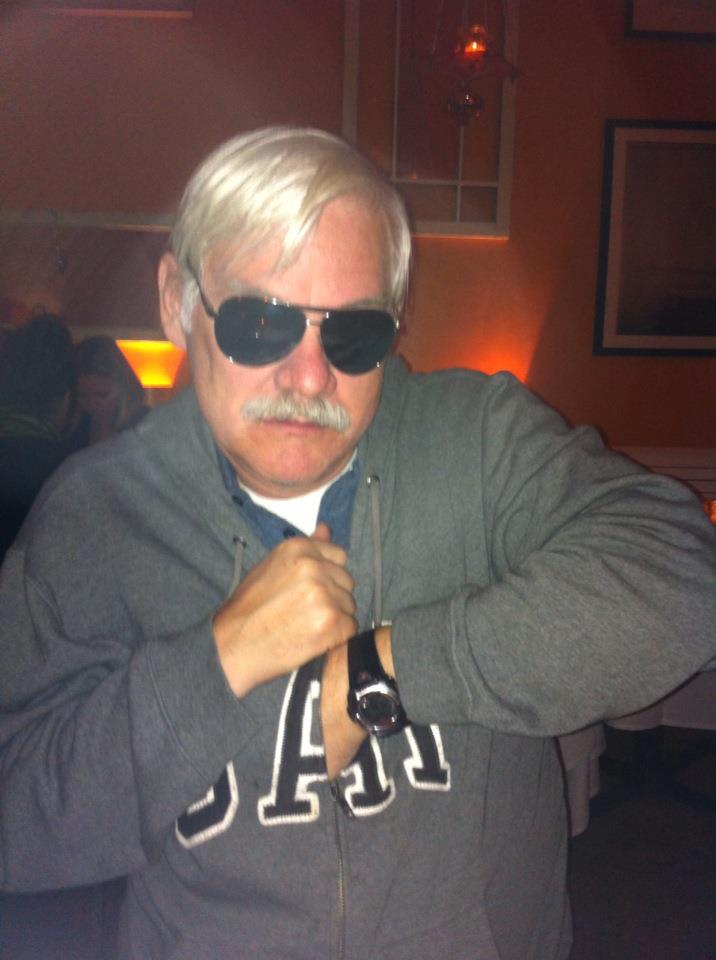Frank McLynn does a very good job at presenting these distinct characters along with all their personal flaws and foibles. His portrayal of many of the minor actors is also well done. There are a few areas where he may exaggerate the importance of certain aspects, such as the telegram from German Foreign Secretary Arthur Zimmerman to his embassy in Mexico in February, 1917, promising German financial support if Mexico attacked the US. While the telegram is very significant in pushing America into WWI, it had very little impact in Mexico's Civil War, if any at all.
President Porfirio Diaz, in power for 34 years, was the whole reason a civil war happened in the first place. McLynn rightly places him as the aging, cynical dictator whose mind had started to slip and whose power had continued only through the vast amount of bribes and control-sharing that he dished out to his main supporters. And as McLynn states, not every major player was against his policies. Though he supported the oligarchs throughout Mexico and stamped out any and all organized protests against his rule, he was no different than President Francisco I. Madero who succeeded him in power. Indeed, when President Alvaro Obregon finally arrived in power at the end of the civil war, he continued many of the same policies. The end of President Diaz did not constitute an end to Porfiriismo, but merely a repackaging of its contents.
Francisco I. Madero was the catalyst whose spark of defiance finally ignited the underlying brush of resentment against President Diaz. McLynn does a good job of portraying this son of one of the main oligarchs as being mentally unstable and too timid to perform the overwhelming tasks of presidency adequately. Though President Madero's heart was in the right place much of the time, he was too easily swayed by others with malicious intent and he wound up following the same dictatorial path of oppression that his predecessor had pursued. In the end, his short reign as president was as predictable as the spiritual visits he received from some guy named Jose and his long, dead brother Raul.
Victoriano Huerta, who was also General of the Armies under both Madero and Diaz before becoming president, connived his way to the top and was found to be loyal to no one other than himself. He is described as a raging alcoholic, an integral part of his personality that was one of unbridled ruthlessness and cruelty. In fact, on page 220, McLynn notes how one of his drunken stupors led to the American invasion at Veracruz in April, 1914, � ���"when run to ground in one of his drinking dens, Huerta point-blank refused to comply [with an apology to the US for taking some of their sailors prisoner]. [President] Wilson welcomed the pretext to remove Huerta by force.� �� � Though in the end, the US never moved past Veracruz, it shows how much Huerta's rule was affected by his constant drunkenness.
As general, Huerta was one of the first to embrace what is commonly known as a policy of take-no-prisoners, one where even the civilian population isn't safe from military execution. This policy was subsequently echoed by Villa, Zapata, and most of the other main military leaders throughout the civil war years. As a direct result, tens of thousands were needlessly slain.
(Note: You can view every article as one long page if you sign up as an Advocate Member, or higher).





